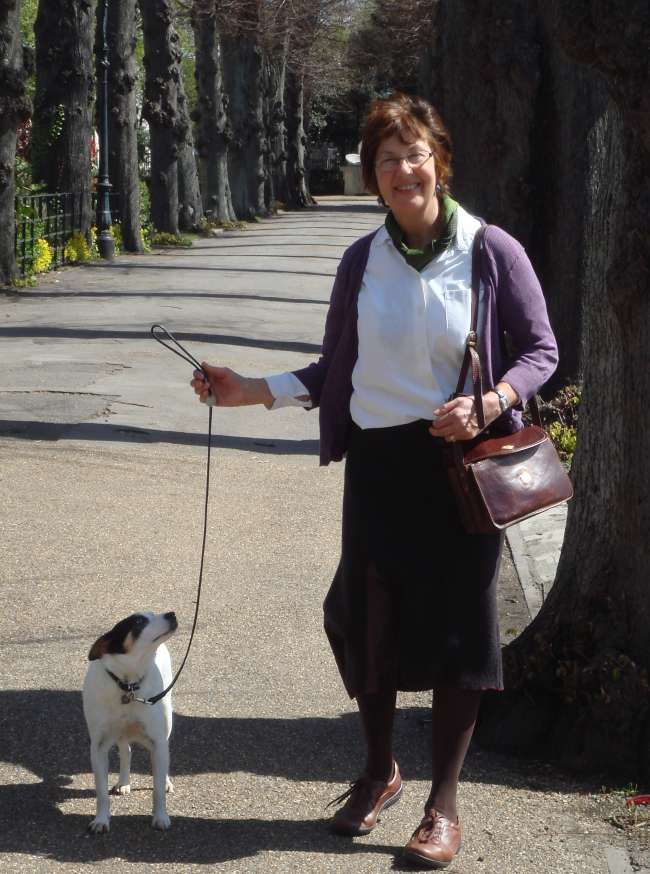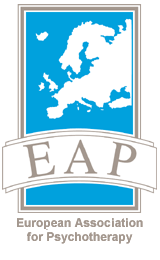Dogs Don’t Wear Clothes
This is Part One of an article that has appeared in Context, the magazine for family therapy and systemic practice. The original article title was, “Dogs Don’t Wear Clothes.”

Almost without exception, a child coming for therapy has met with some disappointment or failure in human relationships; some feeling they are to blame in family disharmony, some afraid they are unlovable because they are bullied or ostracised in their peer group, and others having experienced abuse and neglect. This is an account of how, by chance, one very traumatised little rescue-dog, Gizmo, found his vocation as a therapy dog, and came to help many of these children to find a connection when they could not trust in human relationships. And how after his sad loss, his successor, young Thompson, is learning to bring the joy and playfulness into children’s therapy, carrying the positive transference with enthusiasm. As one child put it, “Gizmo makes you feel safe and Thompson makes you feel happy”.
A dog has not hurt or confused the child; he is simple in his body language and so honest and direct in his reactions that he can give confidence where people have failed.
I discovered that Gizmo had a vocation to help children by chance, when he met a young person coming for therapy at my home and instead of shutting him away we let him stay and found out how useful he could be. This was a severely traumatised young person with dissociation after years of abuse. Little Gizmo had also had seven years of trauma, having been beaten and lost in his native Ireland and somehow, as soon as they met, I felt thy understood each other on a bodily level. Gizmo, to her delight, sat at the young woman’s feet, gazing at her timidly. Together, they made a very gentle connection and seemed to support each other to develop a sense of safety in the session.
Over the next seven years, until his death, Gizmo worked in most of my sessions, including adult supervisees, and I found that the dog could carry transference. He was an animated symbolic object in himself, diff erent for each person. But unlike an art object, his animation had to be under control of the therapist, in Gizmo’s case, it was easy to help him to be what the person needed (not so easy with Thompson the puppy, as we’ll see below).
I found that the work with the dog could be talked through – what is Gizmo feeling now, how can we tell that, how does he show that with the child, what he meant to them and how he was responding to them?
Rose Maxwell is a UKCP registered independent integrative child psychotherapist and supervisor. She trained at the Institute of Arts in Therapy and Education, qualifying as a psychotherapist in 2007. She has a private practice in the Fiveways area of Brighton with an art therapy room and uses arts in supervision.

Rose has over 30 years of experience with working with families and children. She has worked with fostering and adoption for many years currently In an ISP fostering agency with troubled children. She supervises for the Oasis project working with children in families where adults are abusing drugs or alcohol, for therapists and counsellors working in schools, for Dolphin house and also Chestnut Tree House and St Catherine’s Children’s Hospice. Rose works with a wide range of issues affecting children, families and adults. Rose’s orientation is integrative, using attachment and relational theories as well as humanistic theories of change with an emphasis on healing through the imagination. She uses animal-assisted therapy where this is useful.
Get in Touch
This was written by Rose and you can contact her here.




Comments